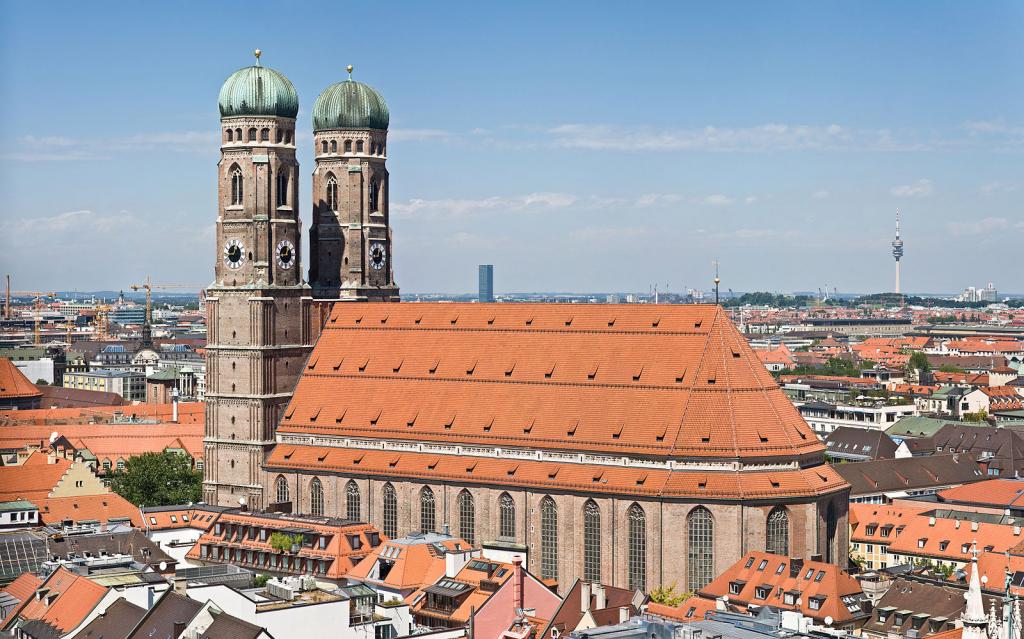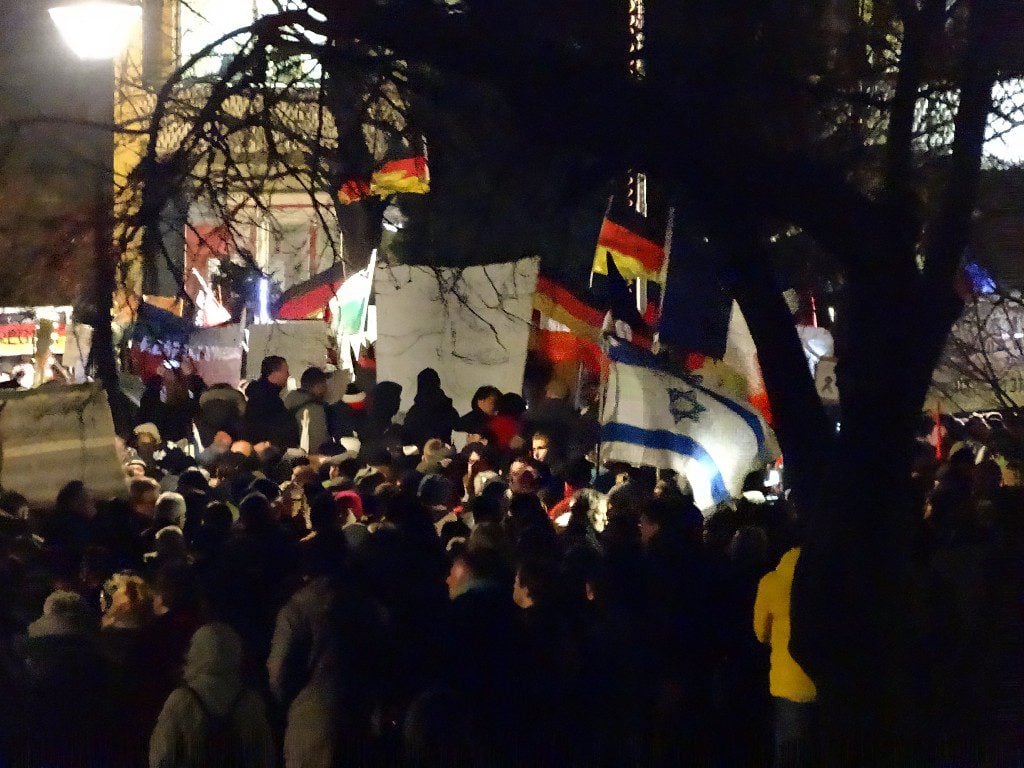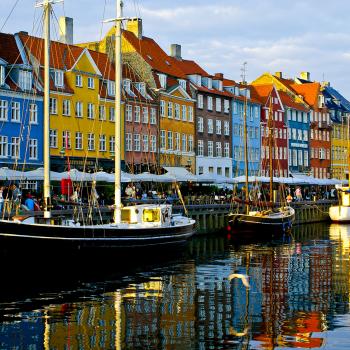In the first elections since last year’s migration crisis in Germany, three states voted, with mixed results.
According to Der Spiegel, In Rhineland-Palatinate (on the border with Belgium/Luxembourg/France, capital city Mainz, population 4 million), the CDU (Angela Merkel’s party) lost votes since the last election in 2011, to be sure, but not dramatically — from 35.2% to 31.8%. Their mainstream rival, the SPD, gained a smidge, from 35.7% to 36.2%. The main movement, surprisingly, was a drop in the Greens from 15.4% to 5.3%, in combination with the gain among the upstart AfD, Alternative fuer Deutschland (Altenative for Germany), which, having been founded in 2013 as a Euro-skeptic party and moved on to opposition to Merkel’s migration policies, contested in the election for the first time and took 12.6% of the vote.
Did voters really move from the Greens to AfD? It seems unlikely. Perhaps there were other reshufflings going on. And interestingly, voter turnout increased from 61% to 70%.
However, the SPD was in power already, having won a bare plurality in 2011, and, more importantly, having managed to have formed the majority coalition, in this case with the Greens. According to Deutsche Welle, they cannot do the same this year because of the electoral losses among the Greens, so they’ll most likely form a coalition with the Greens and the Liberals (a small, libertarian-ish, pro-business party which is often a coalition partner) – a so-called “Traffic Light Coalition” due to the colors of the parties.
In Baden-Württemberg, on the other hand, the rejection of the Establishment seems more obvious — the CDU dropped from 39% to 27%, and the SPD dropped from 23.1% to 12.7%. Who gained? The Greens — who were already a part of the governing coalition with the SPD, took the plurality of the vote, 30.3%, up from 24.2%, and AfD took 15.1%.
Again, because of the SPD’s losses, the Greens won’t be able to maintain their existing coalition, and will presumably also look to a Traffic Light coalition. But it’s already remarkable that the Green/SPD coalition existed in the first place, as that 2011 combination was the first time since postwar Germany came into being that the CDU didn’t control that historically conservative state. (The Reuters article linked to below attributes this to German nuclear power fears in the wake of the Fukushima nuclear disaster just prior to those elections.)
In Sachsen-Anhalt, in the former East Germany, the results are the most dramatic. The CDU again lost support, from 32.5% to 29.8%, but that’s not particularly noteworthy compared to other movements: the SPD dropped from 21.5% to 10.6%, the Left dropped from 23.7% to 16.3%, and AfD entered elections with a whopping 24.3% of the vote. Turnout was up here, too, from 51% to 61 or 64% (the two national broadcasters differ here).
So what do you make of this?
The consensus of the English-language reporting is that Merkel got shellacked, badly, due to her migrant policies. For instance, Reuters says, “Merkel’s party suffers drubbing in German state vote.” But it’s not that simple: looking simply at the changes from 2011, in Rhineland-Palatinate voters moved from the Greens to AFD. In Baden-Württemberg, both the Greens and AfD took votes from both CDU and SPD. And in Sachsen-Anhalt, AfD primarily drew voters from the SPD and the Left, demonstrating that extremists from the Left and the Right aren’t all that different, after all.
As the BBC observes, the politics of the migrant issue aren’t black and white:
The unprecedented success of the populist AfD shows just how vehemently some German voters disagree with Chancellor Merkel’s pro-refugee stance. Many are conservative voters disenchanted with her centrist policies, and swayed by the robust populist narrative offered by AfD.
So is this a blow to Mrs Merkel’s leadership? Not necessarily. It was also a historic victory for the Greens, who support the chancellor’s position on refugees.
And during the campaign in Baden-Wurttemberg and Saxony-Anhalt the CDU candidates saw their voters fall away as they sporadically tried to undermine the chancellor’s message and regain the populist ground from AfD.
Remarkably in those states it was the CDU’s left-wing opponents who backed Mrs Merkel’s refugee policies most consistently – and tonight reaped the rewards for it. These results are proof that Germany is becoming increasingly polarised between voters who passionately support Mrs Merkel’s pro-refugee stance and those angered by it.
Of course, the notion that the left-wing groups “reaped the rewards” is due to the fact that both the Left (Linke) and AfD are pariah parties; that is, it is deemed out of the question for the CDU to form a coalition with the AfD, under any circumstance, in the same way as, in the other direction, the Left (former communists) were deemed to extreme for the SPD to join together with. Which means that, even if the overall mood of the country shifted right, the electoral results won’t show it.
More than anything, it looks like the pro-immigrant policies of Chancellor Merkel, coming from a traditionally pro-business, socially-conservative (for Germany) political party, have shaken everything up, given that mainstream voters don’t have an obvious alternative to turn to. Perhaps there are significant realignments coming up, if German anger grows as the number of migrants does.
Or perhaps not — as the closing of borders in Macedonia and elsewhere in the East, and the hopes for a positive outcome to new agreements with Turkey, mean that future developments in the issue of mass migration are very much up in the air.













